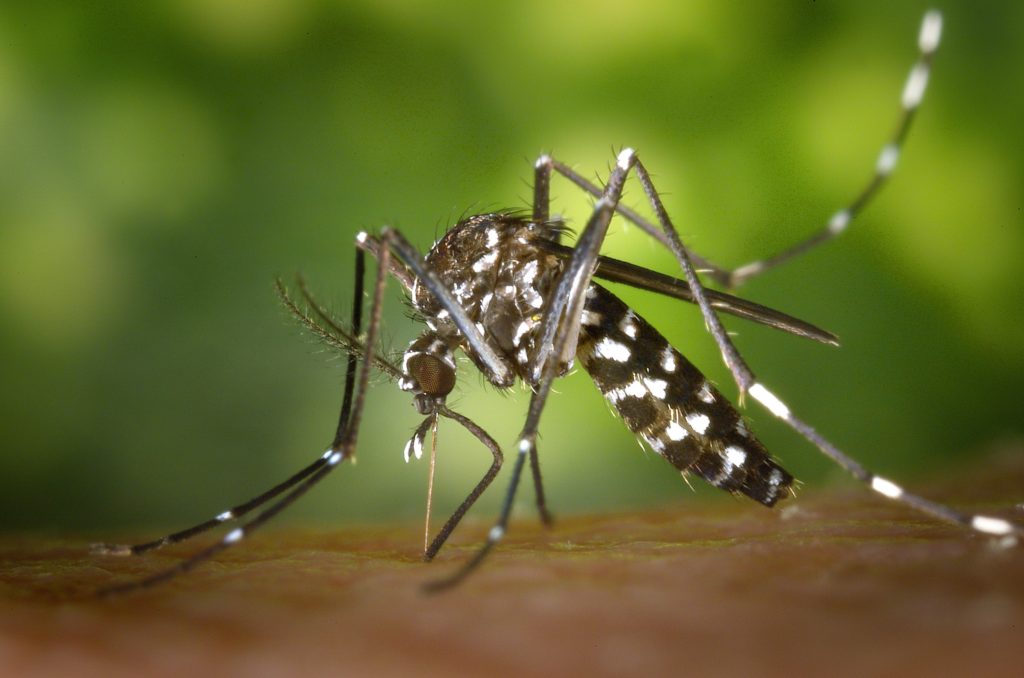Its symptoms majorly appear three to fourteen days after infection. Dengue virus is transmitted through the bite of a female mosquito known as Anopheles. In this article, I will discuss briefly dengue fever for the purpose of public awareness.
Dengue Fever Serotypes
Dengue fever virus (DENV) is an RNA virus of the family Flaviviridae; genus Flavivirus.
This fever majorly caused by four genetically related but antigenically distinct dengue virus (DENV) serotypes
DENV-1
DENV-2,
DENV-3,
DENV-4
While DENV-1 and DENV-2 are the major circulating serotypes.
Epidemiology
In 2018, there were 23 deaths due to dengue reported in Pakistan. During 2018, all federal entities in the country reported cases, with incidence rates ranging from 8.7 to 199.4 cases per 100,000 population (in Portuguesa and Delta Amacuro, respectively)
During 2018 total of 464 suspected cases of Diphtheria were reported. Last week 16 new cases were reported. Dengue Surveillance: In 2018 total of 3204 Dengue cases were reported, from Sindh (2088) Balochistan (69), Punjab (539), KPK (332) and Tribal Districts KP (175), AJK (1).
Pathophysiology
The incubation period for dengue infection is 4-7 days (range 3-14).1 It may be asymptomatic or may result in a spectrum of illness ranging from undifferentiated mild febrile illness to severe disease, with or without plasma leakage and organ impairment. Symptomatic dengue infection is a systemic and dynamic disease with clinical, hematological and serological profiles changing from day today. These changes accelerate within hours or even minutes during the critical phase, particularly in those with plasma leakage.
Disease Monitoring Tests
White cell count (WCC) and Platelet count
In the early febrile phase, WCC and platelet count are usually normal but will decrease rapidly as the disease progresses. The decrease in WCC is accompanied by platelet reduction. There is no correlation between disease severity and platelet count level III and it is not predictive of bleeding. In the recovery phase, the WCC normalize followed by platelet.
Haematocrit (HCT)
A rising HCT is a marker of plasma leakage in dengue infection. The median values of normal HCT level among Malaysian populations are
male • < 60 years – 46% male > 60 years – 42%•
female (all age groups) – 40% •
Other important blood tests in disease monitoring are Liver Function Test (LFT), Renal profile (RP), coagulation profile, lactate, and blood gases. Special tests such as Troponin and Creatine Kinase (CK) should be discussed with the Specialists before performing.
Major Diagnostic Tests:
Rapid Combo Test
This test can detect the presence of the virus as well as antibodies. It can be read within 15 – 20 minutes. If read late then it may false-positive results.
In order to reduce the probability of false-positive test Dengue Antigen and Serology tests performed by ELISA.
These are the most common test performed for dengue fever.
Non -structural Protein (NS 1 Antigen)
NS1 is basically a glycoprotein. The secretion of the NS1 protein is a hallmark of flavivirus infecting mammalian cells. It is found in the dengue fever test as well as Yellow fever and West Nile fever infection. The rate of detection is much better primary as compared to the secondary phase. As NS1 the sensitivity reduces after 4 – 5 days and almost undetectable after the recovery phase.
Dengue IgM test
It is the most widely used ELISA serological test. The antibody concentration is considerably higher in primary infection as compared to the secondary one. As soon as it is detectable its level rises almost two weeks after the symptoms appear. In 80%-99% of cases in primary dengue infection, it is detectable after 5 – 6 days. However, it is detected in 78% of patients in secondary patients almost at day seven due to the presence of IgG. So, 28% of secondary infections of dengue undiagnosed when only IgM assay performed.
Dengue IgG test
After seven of dengue fever infection, IgG was detectable 100% of the patient. It is recommended to repeat the IgG test even if the IgM test is still negative after seven days along with the negative result of IgG in the initial test sample.
Management
There is no specific treatment available for dengue
Acetaminophen is used to alleviate pain and reduce fever. Avoid analgesics that can lead to elevate bleeding complications such as aspirin, ibuprofen & naproxen sodium. Avoid using antibiotics.
If you have severe dengue fever, you may need:
- Supportive care in a hospital
- Intravenous (IV) fluid and electrolyte replacement
- Blood pressure monitoring
- Transfusion to replace blood loss

